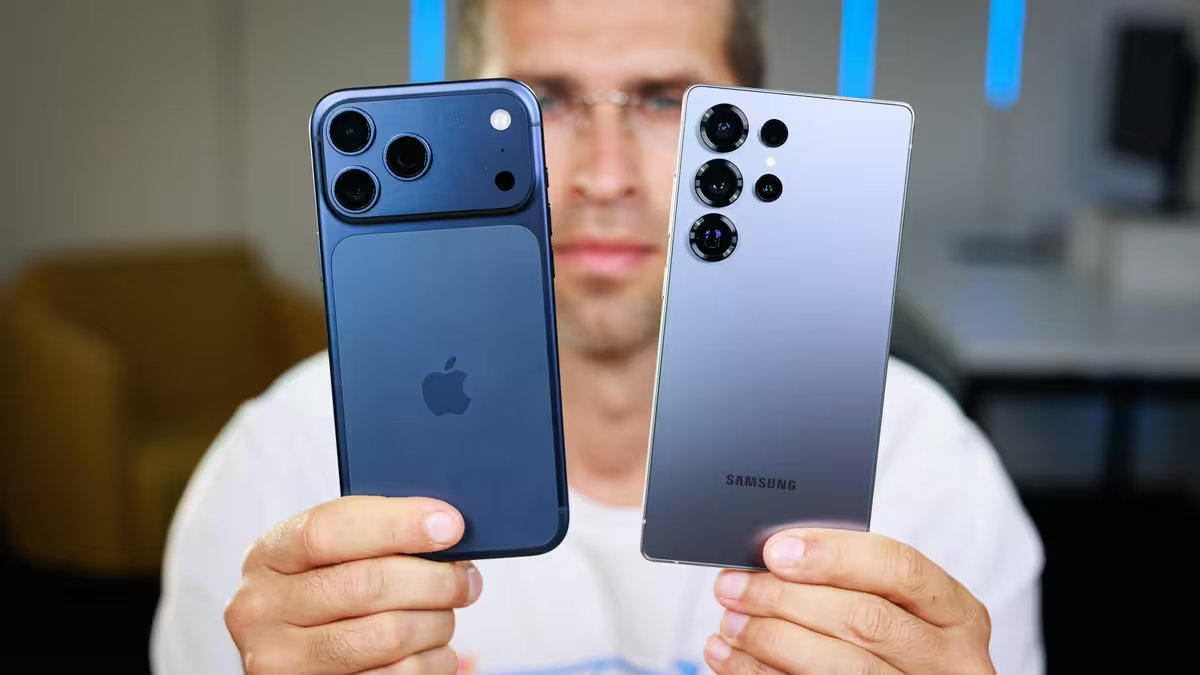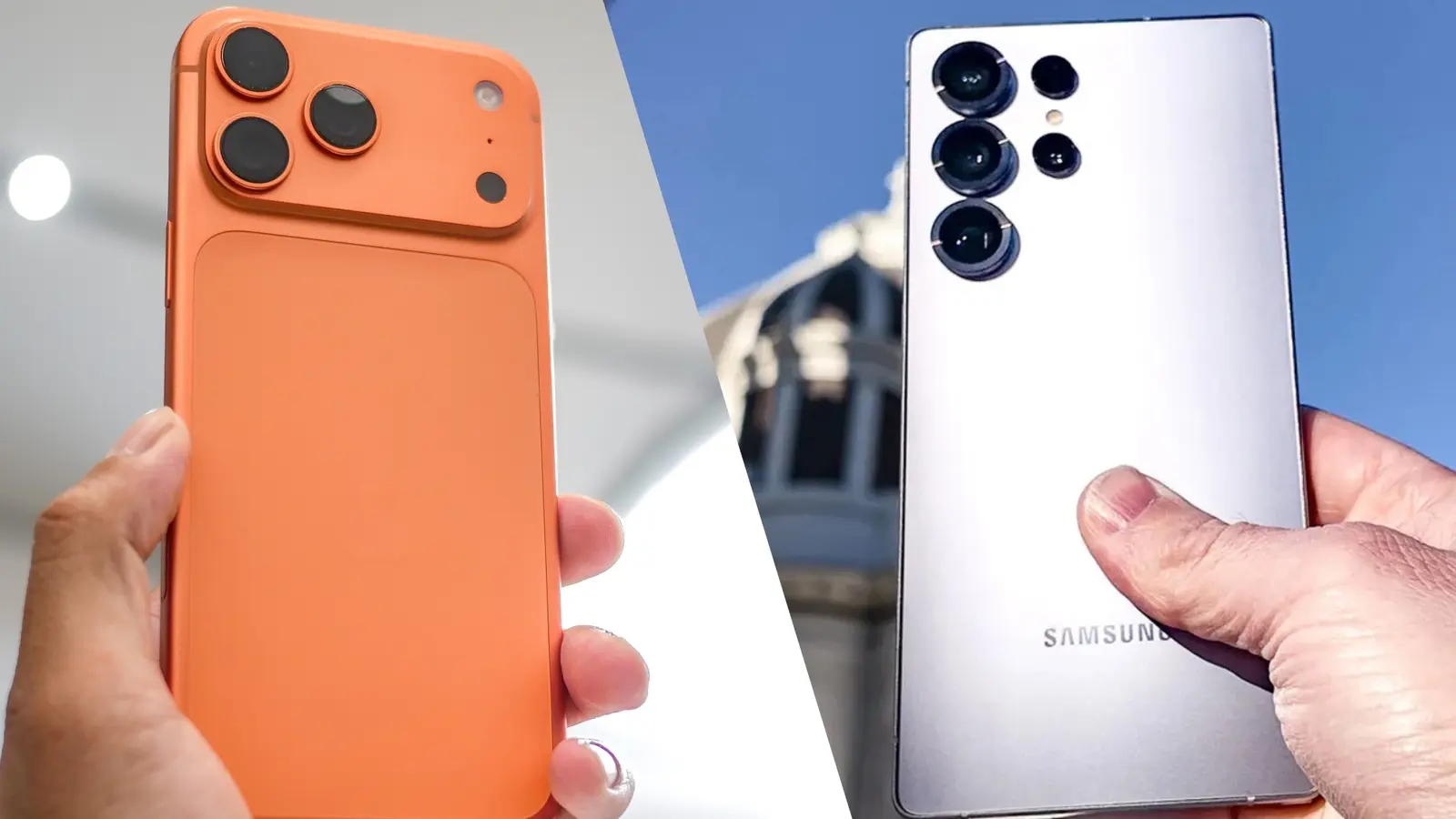3 Minutes
Apple is quietly plotting a hardware play to close the gap in mobile AI — and it’s leaning on Samsung to do it. Reports say Apple has asked Samsung to ramp up supply of LPDDR5X memory, a move that could lift the base iPhone’s RAM and sharpen on-device AI performance.
What’s driving the shift: Apple Intelligence vs. Galaxy AI
Apple Intelligence has made headway, but Android makers — especially Samsung with its Galaxy AI initiatives — have captured much of the attention. That visibility matters: flagship AI features need both software smarts and the hardware to run them smoothly on-device.
Right now, Apple’s higher-end iPhone 17 Pro models already ship with 12GB of RAM, while the standard iPhone 18 base model reportedly sticks to 8GB. To avoid leaving everyday users behind, Apple is said to be asking Samsung to supply more LPDDR5X modules so the base handset can jump to 12GB.
Why memory matters for on-device AI
Think of on-device AI like a demanding passenger app: the models need space for weights, buffers and real-time data processing. More RAM reduces reliance on cloud calls, speeds up local inference, and improves multitasking when AI features run alongside camera processing or background tasks.

- LPDDR5X is faster and more power-efficient than earlier memory generations.
- Samsung manufactures LPDDR5X in 12GB and 16GB modules — a match for Apple’s 12GB target.
- Samsung’s Galaxy S25 lineup already offers 12GB across the board, so Apple wants parity at the base level.
For users, that could mean smarter voice assistance, quicker image analysis, and more capable local AI features without constant cloud dependence.
Timing the launch to counter Samsung
Beyond hardware, Apple may tweak its calendar. Sources suggest the base iPhone 18 could arrive in spring — much closer to Samsung’s Galaxy S launch — while Pro models keep the traditional autumn unveiling. The strategy looks like an attempt to directly contest Samsung’s flagship window and headline-grabbing Galaxy AI demos.
Imagine buying a base iPhone that runs advanced AI features the same way a Pro does. That’s the battleground Apple seems to be preparing for: combine boosted RAM, optimized on-device models, and smarter timing to reclaim some of the mobile AI spotlight.
Whether this plan plays out depends on supply logistics and how Apple balances costs and performance. Still, the move signals a clear willingness to lean on suppliers — including a key rival — to stay competitive in an AI-first smartphone market.
Source: sammobile


Leave a Comment